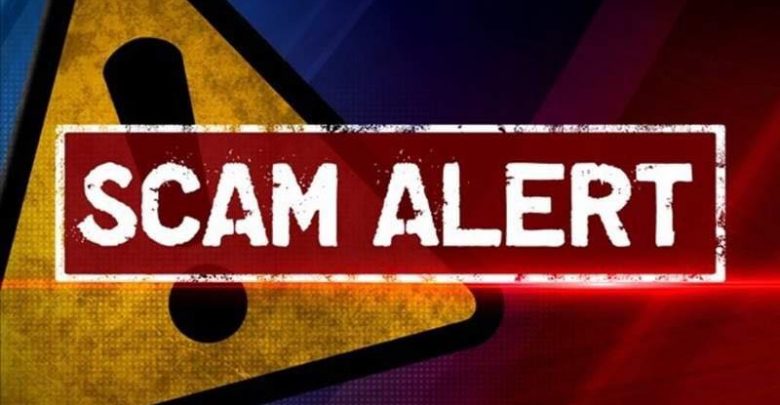As we near the giving season the BBB warns of charity scams

Ten years ago, charities around the world began promoting “Giving Tuesday” on the first Tuesday after Thanksgiving – Nov. 29 this year – as a way to encourage donors to give to charities as part of their holiday preparations. Better Business Bureau® encourages donors to give but give wisely.
BBB has Charity Reviews on more than 1,000 local charities and 11,000 charities nationwide, including many national charities accredited with BBB’s Wise Giving Alliance.
“Donors want to know that their money is being spent wisely,” said Michelle L. Corey, BBB St. Louis President and CEO. “If they see a ‘clickable’ BBB Accredited Charity seal on a charity’s website or other literature, this means that the charity complies with BBB’s 20 Standards of Charity Accountability”
Giving Tuesday began in 2012 with the 92nd Street Y in New York. Since then, it has grown to include tens of thousands of participating organizations nationwide. Last year, $2.7 billion was donated by hundreds of thousands of donors through several donation platforms to the charities listed on the Giving Tuesday website.
For many Americans, giving to charities is almost as important during the holidays as celebrating with family. As a result, mailboxes often are stuffed with charitable solicitations as well as catalogs and shopping circulars this time of year. Whether you celebrate or not, giving before Jan. 1 means your gifts can be deductible on your 2022 tax return.
While many well-run, legitimate charities are helping the community, others fail to live up to their promises to assist those in need. BBB has issued warnings about several charities that devoted more money to raising funds than helping others and, in some cases, weren’t willing to reveal how their funds were spent or the amount of assistance they offered. BBB Scam Tracker received more than 700 reports of charity scams over the last three years.
When BBB evaluates a charity, it looks beyond finances and overhead, examining a charity’s governance, effectiveness and fundraising practices against BBB’s 20 Standards of Charity Accountability. Only after a charity meets all 20 BBB standards will be offered a BBB Accreditation and use of BBB’s seal.
Donors who decide to direct their charitable giving toward a crowdfunding request should keep in mind that some crowdfunding sites do little vetting of individuals who decide to post for assistance. As a result, it can be difficult to verify the trustworthiness of such requests for support. It is always safest to contribute to individuals you personally know. If the post claims it intends to pass along collected funds to a charity, consider cutting out the middleman and visiting the charity’s website directly.
In addition, donations to crowdfunding efforts are not tax deductible. Donors hoping to reap a tax benefit may consider giving to an established charity instead.
BBB has tips that increase your confidence that your donation will be used wisely:
-
If you are unfamiliar with an organization, don’t hesitate to ask the charity for written information about its programs and finances.
-
Don’t succumb to pressure to give money on the spot. A charity that can use your money today will welcome it just as much tomorrow. Watch out for appeals that bring tears to your eyes, but tell you nothing about how your donation will be used.
-
Before making online donations, determine whether the charity’s website is secure and that it has a privacy policy concerning the use of your name, email address or other personal facts.
-
When considering support for a cause-related marketing campaign, find the answers to these questions: What portion of the purchase price will benefit the charity? What is the duration of the campaign? What is the maximum or minimum total contribution? If the information is not on the item, check the organization’s website.
-
Before donating used items, make sure they are in good shape to reuse. Donating junk puts an undue burden on the charity and could do more harm than good. You may want to consider selling the item and donating the proceeds to a charity.



